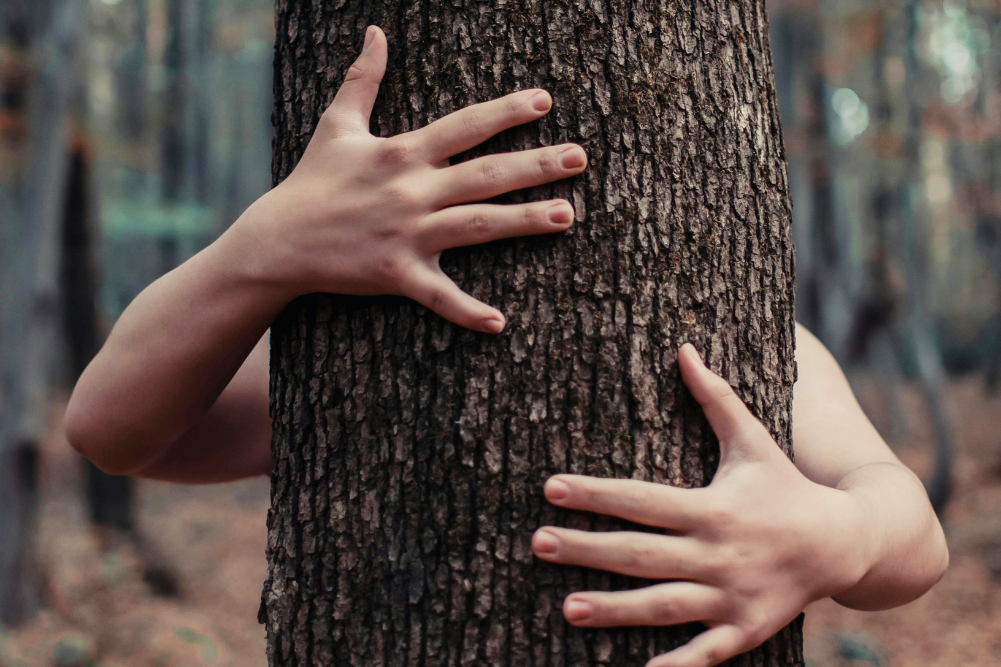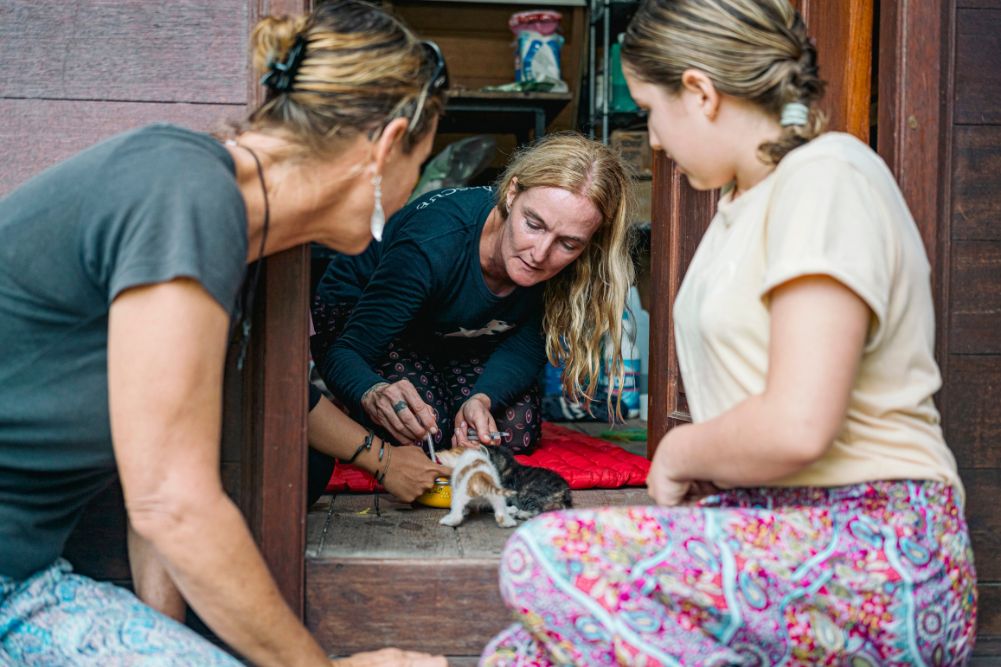Giving legal aid
Giving legal aid to people makes sense, and giving free legal aid to people in poverty and to the vulnerable makes more sense.
Legal aid, in terms of aid development for developing countries, includes public awareness of rights, group and individual counseling, and legal representation. It is required so that people have a better understanding of their rights, where to go for assistance, and the procedures to follow. It is about increasing knowledge and access to legal aid.
Giving legal aid is not visible, it is not tangible, it is not asked for through ad campaigns, and it is not mentioned during natural disasters.
These legal aid services are not cheap. Hence legal aid is generally subsidized – either by the government, by lawyer associations, and by civil society groups. Donor funding therefore generally goes to the recipient government, to lawyer groups (international and local) and through local civil society grants.
If the poor and vulnerable do not have free access to legal aid, often their problems increase. The types of legal aid that I have seen supported in developing countries includes labour abuses (slavery, lack of payment, bonded to companies, etc.), eviction from housing, cost of divorce, family violence, and land title disputes. Unresolved or resolved in a way that is not equitable and just, can push people further into poverty and despair.
In Jordan, the Justice Centre for Legal Aid (JCLA) conducted a study in 2012 on 10,000 households solely to review the justice sector. It was called the Statistical Survey on the Volume of Demand of Legal Aid Services. It found that the poorer a family was, the more likely they avoided court (thus not receiving due consideration) and were more than four times as likely to go to court without legal representation than families that earned more.
Poorest families reported legal problems related to family law (80%), civil law (68%), and criminal law (65%). The majority of cases were for child custody (90%), child support (83%), inheritance (80%), assault (78%), family violence (77%), labour disputes (70%), and landlord disputes (68%).
JCLA and the World Bank are now designing a methodolgy for measuring the impact of the lack of, or limited, legal aid on poverty.
What it means for philanthropy is this: giving legal aid is not visible, it is not tangible, it is not asked for through ad campaigns, and it is not mentioned during natural disasters.
Rarely then do individuals and groups give funding and donations to legal aid charities and agencies, lawyer associations, or civil societies. This is something to consider because access to free or cheap legal aid can help families break the poverty cycle. It can make a difference.








